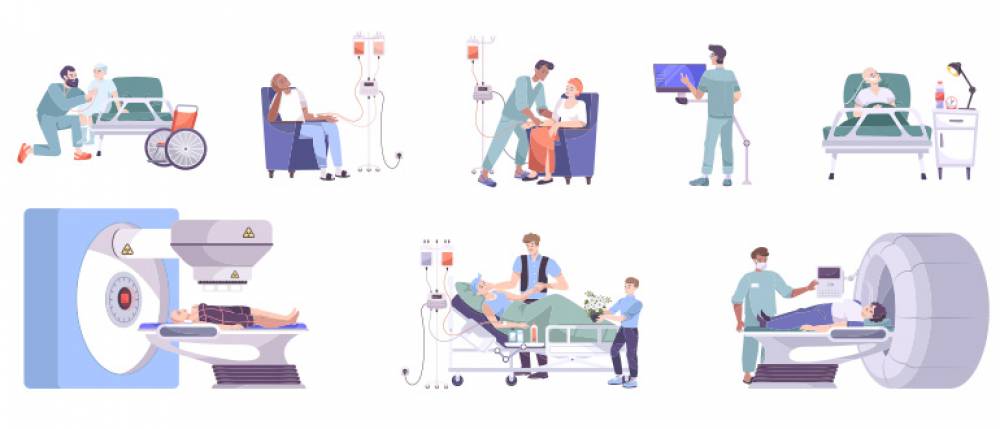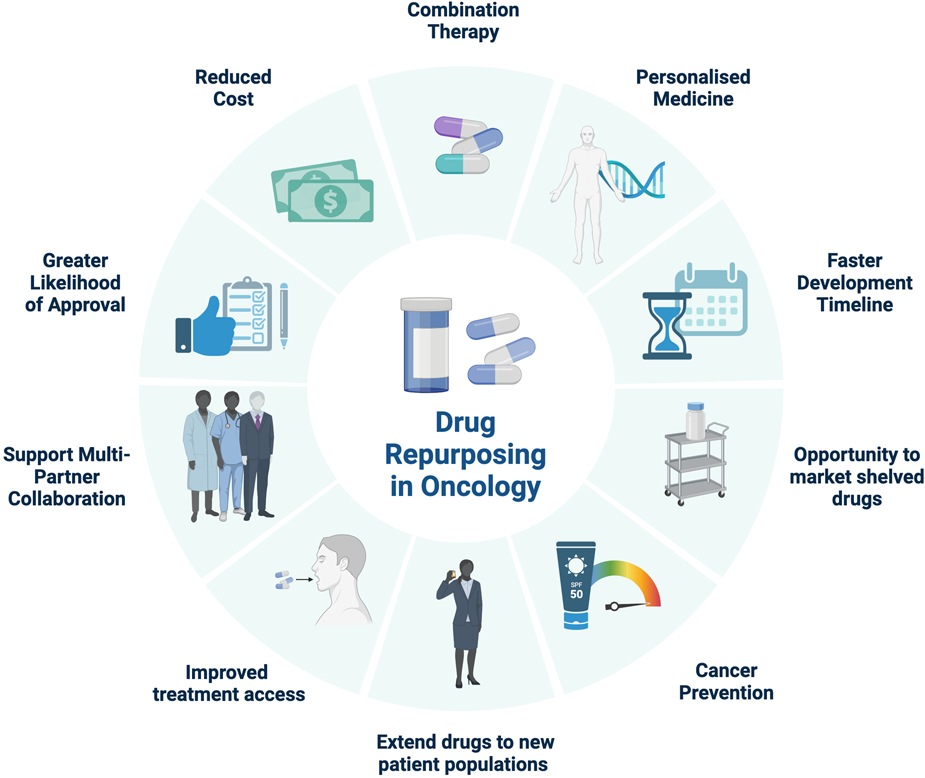The 3-Minute Rule for Arogyajivan Medical Tourism For Oncology
The 3-Minute Rule for Arogyajivan Medical Tourism For Oncology
Blog Article
The Ultimate Guide To Arogyajivan Medical Tourism For Oncology
Table of ContentsSome Of Arogyajivan Medical Tourism For OncologyLittle Known Questions About Arogyajivan Medical Tourism For Oncology.The Definitive Guide to Arogyajivan Medical Tourism For OncologyArogyajivan Medical Tourism For Oncology Fundamentals ExplainedThe 6-Minute Rule for Arogyajivan Medical Tourism For OncologyLittle Known Facts About Arogyajivan Medical Tourism For Oncology.How Arogyajivan Medical Tourism For Oncology can Save You Time, Stress, and Money.
If you have cancer cells, your wellness treatment supplier will suggest one or more ways to treat the illness. Here is an introduction of the different treatments for cancer cells and just how they work.Cancer cells expand and split faster than normal cells in the body. Due to the fact that radiation is most damaging to swiftly growing cells, radiation treatment problems cancer cells much more than normal cells. It utilizes compounds made by the body or in a laboratory to aid the immune system work harder or in a more targeted means to combat cancer.
Some have contaminants or contaminated substances connected to them. Immunotherapy is provided by IV. Hormonal agent therapy is utilized to deal with cancers that are sustained by hormones, such as breast, prostate, and ovarian cancers cells. It utilizes surgery, or medications to stop or obstruct the body's natural hormonal agents. This aids slow the development of cancer cells.
Thin fibers at the end of television route the light at the cancer cells. Lasers are additionally made use of on the skin. Lasers are usually used with various other kinds of cancer cells therapy such as radiation and radiation treatment. In photodynamic treatment, a person gets a shot of a medicine that is sensitive to an unique kind of light.
Arogyajivan Medical Tourism For Oncology - Truths

An oncologist is a cancer cells medical professional. These doctor specialize in oncology the branch of medicine that concentrates on diagnosing, staging and dealing with cancer. AdvertisementCleveland Facility is a charitable scholastic clinical facility. Advertising and marketing on our site assists sustain our goal. We do not back non-Cleveland Clinic service or products. A see to an oncologist provides you a possibility to talk with a professional that comprehends what you're experiencing.
They're prepared to help, and they'll stroll with you every action of the method. Oncologists can: Run checks to identify cancerOffer a second point of view on a previous diagnosisIdentify therapy optionsDiscuss each option's advantages and side effectsOversee cancer treatmentManage post-treatment treatment Seeing an oncologist does not necessarily imply you have cancer. An oncologist gets entailed if you have signs that may be cancer cells.
7 Simple Techniques For Arogyajivan Medical Tourism For Oncology
The quicker you obtain a medical diagnosis, the better. Numerous cancers are extra treatable in the beginning. Cancer is a complicated condition. People with cancer typically require numerous oncologists on their medical care group. This multidisciplinary method enables each expert to concentrate on a different area of your treatment with an usual goal of collaborative, caring treatment - ArogyaJivan Medical Tourism for Oncology.
Radiation can diminish lumps prior to surgery or eliminate continuing to that site be cancer cells after surgical procedure. You could have radiation as a stand-alone therapy click here to read or in mix with various other therapies.
6 Simple Techniques For Arogyajivan Medical Tourism For Oncology
Do I have cancer cells? Your oncologist is here to aid you navigate these feelings. When your oncologist gathers the info they need, they'll: Talk about the results of your testsSend their searchings for to the medical care supplier who referred youTell you whether you have cancer and if so, what kindTalk to you about various therapy optionsListen to your worries and anxietiesGive you sources that can use assistance and extra informationYour initially oncology visit may take up to 3 hours.
Oncology is the research of cancer cells. The word originates from the Greek word for growth or mass. The medical area of oncology covers cancer research, risk and avoidance, diagnosis, treatment, and survivorship. Professionals learnt oncology offer care for individuals that are at risk for cancer cells, being important site dealt with for cancer, and dealing with cancer after treatment.

Arogyajivan Medical Tourism For Oncology Things To Know Before You Get This
Some kinds of cancer occur most commonly in these younger age groups. When these kinds of cancer cells sometimes take place in adults, those adult people may choose to function with a pediatric oncologist.

In many cases, a surgical oncologist may be the very first expert an individual sees. Occasionally when cancer cells is believed yet not detected, an oncologist might likewise be entailed. Some people with blood conditions that may or might not be cancerous could be described a hematologist oncologist. Many individuals will proceed seeing their oncologist for follow-up appointments to examine for indicators of cancer cells coming back and to handle any type of side impacts from treatment.
About Arogyajivan Medical Tourism For Oncology
If you have a cancer diagnosis and are considering your treatment options, consider joining a scientific test. Although they may seem intimidating at first, professional trials can be very advantageous no issue what kind or stage of cancer cells you have. Benjamin Levy, M.D., clinical director of the Johns Hopkins Kimmel Cancer Facility at Sibley Memorial Healthcare facility and a lung cancer scientist, discusses several of the reasons to join a scientific trial.
Report this page